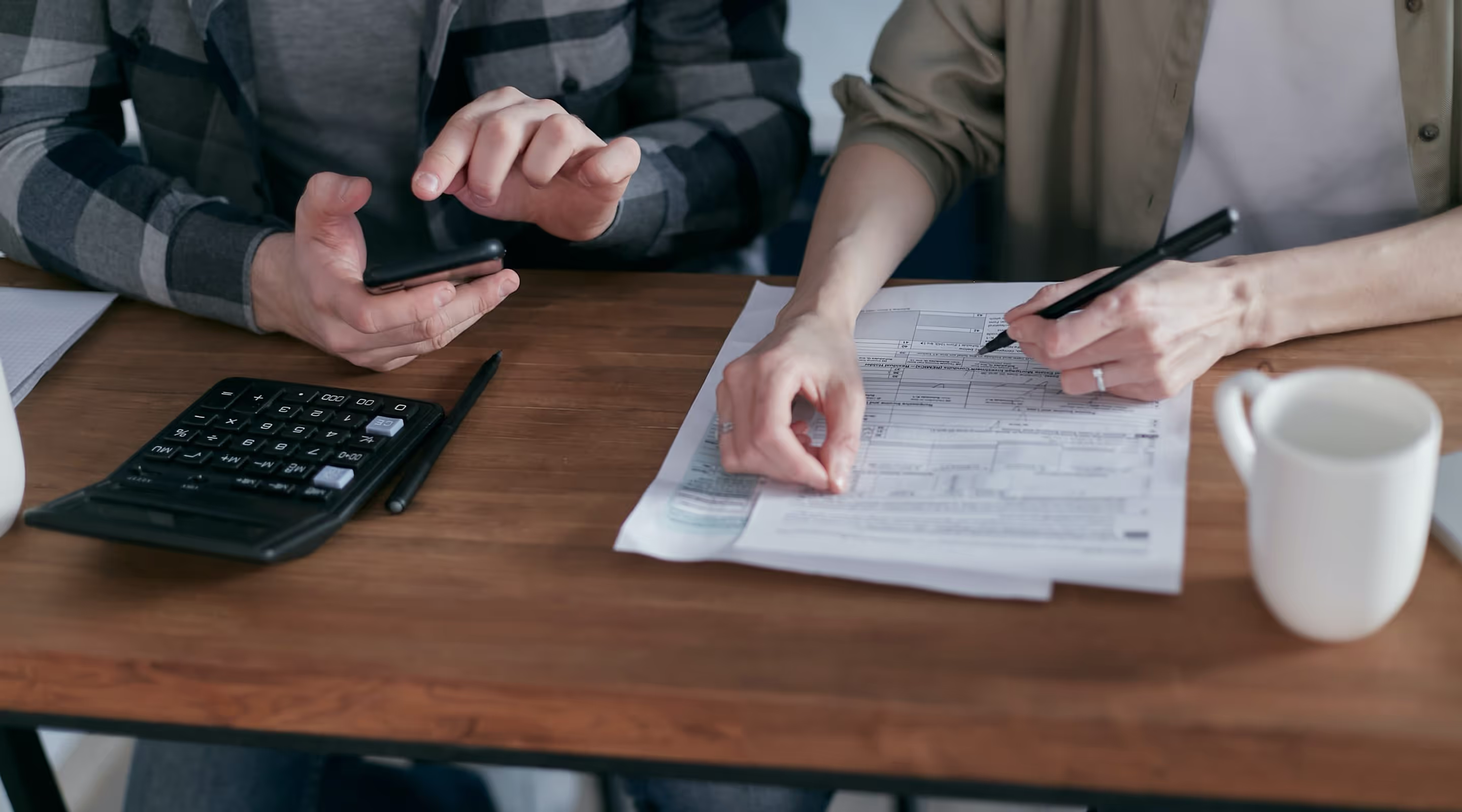Bankruptcy

Understanding Bankruptcy as an Option
Bankruptcy can often seem like an intimidating and daunting option. Our team understands that and sometimes this may be the only option for total debt relief. It is important to know all your options before considering bankruptcy. Our experienced team will discuss all your options to relieve you of your debts.
Bankruptcy allows a person to be freed from their debts and make a fresh start. The bankruptcy period lasts for three years and one day. It is a formal insolvency process that must be managed by a Trustee. A qualified Bankruptcy Trustee will immediately take the pressure off you by liaising with your creditors on your behalf. This can come as much-needed comfort when you are dealing with creditors chasing payments.
What Happens After Bankruptcy?
Once you are declared bankrupt, the Trustee will manage your financial affairs, income, and assets. This will include selling assets and using these proceeds to pay your creditors. Assets may include cash at bank, vehicles, and property. There are exemptions to what assets will be sold as part of the bankruptcy process. These typically include superannuation, vehicles up to a certain value, and tools that help you earn income.
Whilst bankruptcy does allow you to be released from your debts, there are consequences. Bankruptcy may affect your business, your employment, and your income. For these reasons, it is important to speak to our team to discuss all your options.
Book a free confidential consultation today on 1800 463 328 to discuss if Bankruptcy is suitable for your circumstances. If Bankruptcy is the most suitable option, our team will refer you to a qualified Trustee.
Frequently Asked Questions
Bankruptcy is a form of insolvency and legal process where you are declared unable to pay your debts.
As Bankruptcy is a formal process, it is best to speak to our professional team that will refer you to a qualified Trustee to handle your bankruptcy. Declaring bankruptcy is part of the formal administration process and resides with the Trustee as part of their obligations to the Bankrupt and creditors.
During bankruptcy, your assets may be sold to pay off your creditors. The types of assets that are subject to being sold pend on your situation and their value or their purpose. An example of this is your vehicle used for work. You may be able to keep your vehicle if it is valued under a certain threshold amount. Other assets that may be impacted (not limited to) are your house, other properties and cash.
Yes, there are two requirements you need to satisfy before you can declare bankruptcy. The first of the two is that you must not be able to pay your debts when they fall due (you must be insolvent). The second requirement is that you are present in Australia or have a residential or business connection with Australia. These are the only two requirements of entering Bankruptcy.
A Trustee’s responsibility is to inform your creditors of your bankruptcy. The Trustee acts on your behalf and communicates with your creditors. For most people in stressful situations this can be a relief. After your Trustee evaluates your financial situation, your (applicable) assets are sold in order to pay creditors part or all of your debts.
Most debts are unsecured, meaning there is no tie to a security interest (such as a house ie. mortgage). Examples of unsecured debts include credit cards, unsecured loans, electricity and internet bills. In most cases, bankruptcy will free you from these unsecured debts.
If you are an individual and have tax debts, bankruptcy may or may not clear you of these debts. For example, debts that are not cleared as a result of bankruptcy are HECS or HELP debts (Government education loans) or child support payments. Call our friendly team to discuss your debts and if they are covered in bankruptcy.
Bankruptcy typically lasts for 3 years and 1 day.
Your Trustee will communicate with you during your bankruptcy and at the time you are released from bankruptcy. After your bankruptcy period you will be discharged. It is important to know that the bankruptcy period can be extended pending on the bankrupt’s conduct. This will be communicated to you if that becomes the case.
Other Personal Debt Solutions
We recommend our free consultation service to see if you are eligible for a Debt Agreement. If you are ineligible, there are other options available. Our team will discuss these with you during your consultation.
Other options available in dealing with personal debts are Personal Insolvency Agreements and Debt Agreements. Both are solutions that provide an individual relief to unmanageable debts.
Insolvency Options are the experts you can turn to when you need help.

Personal Debt Solutions
Book Your Free Confidential Consultation
We know taking the first step to call for help is not easy.
Our initial step in your consultation is to listen to best try and understand your situation. Your confidentiality is just as important to us as it is to you.
Our consultation also covers what your options are; the benefits, considerations, costs and expected outcomes of each option. Anything that you have disclosed to us during this consultation is kept completely confidential.


